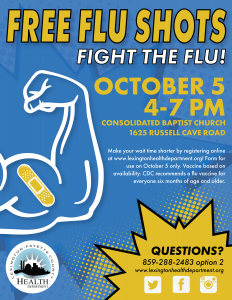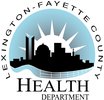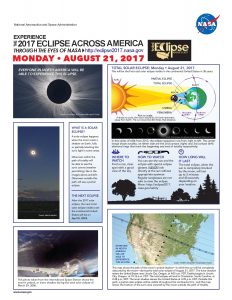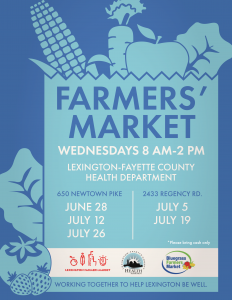Aug. 23, 2017–The Lexington-Fayette County Health Department has confirmed a case of West Nile virus in a Lexington resident. West Nile virus infection is an illness spread through the bite of an infected mosquito. The virus is known to be present in mosquito populations in Kentucky.
In most instances, people infected with the West Nile virus either show no symptoms or relatively mild symptoms, including fever, headache, tiredness, nausea, vomiting, swollen lymph glands and a rash on the chest, stomach or back. However, less than one percent of infected people develop a serious neurologic illness, such as encephalitis or meningitis. Serious illness can occur in people of any age, but people over the age of 60 are at the greatest risk for severe disease. People with certain medical conditions, such as cancer, diabetes, hypertension and kidney disease, are also at greater risk for serious illness.
To help control mosquitoes, the Lexington-Fayette County Health Department will conduct mosquito-spraying activities in the pre-dawn hours Thursday morning in parts of the following ZIP codes: 40502, 40505, 40507 and 40508.
For spraying to be held, the wind speed must be less than 10 mph, the temperature must be greater than 55o F and there can be no rain or dense fog. The health department uses Duet, an EPA-approved agent that features a component that stimulates resting mosquitoes in trees and foliage, causing them to fly into the air and come into contact with the spray’s mosquito-killing agent, sumithrin. Duet has been rigorously tested for human and animal safety and is registered for outdoor residential and recreational areas.
Lexington residents can also take steps at home to fight mosquitoes:
- Mosquito-proof your home and yard. Fix or install window and door screens.Mosquitoes lay their eggs in standing water. Cover or eliminate empty containers with standing water. Limit the number of places around your home for mosquitoes to breed by getting rid of items such as tires, buckets, barrels and cans. Refresh the water in your pet’s water dishes and birdbaths at least every five to seven days.
- Be aware of peak mosquito activity times. The twilight hours around dusk and dawn are times of peak mosquito activity. Use insect repellent when outdoors especially during peak activity times, including early morning hours. Look for EPA-labeled repellents containing active ingredients, such as DEET, Picaridin (KBR3023) or oil of lemon eucalyptus (p-menthane 3,8-diol). Apply repellent according to label instructions. When weather permits, wear long sleeves, long pants and socks outdoors. Mosquitoes can bite through thin clothing, so spraying clothes with repellent containing permethrin or another EPA-registered repellent helps prevent bites.
The Lexington-Fayette County Health Department also conducts surveys in neighborhoods around Lexington to identify standing water problems that can serve as a location for mosquitoes to lay their eggs. Elimination of standing water is the ultimate goal, but in areas where standing water cannot be eliminated the water can be treated to kill mosquito larvae with a chemical called a larvicide. The mosquito spray used by the health department only affects adult mosquitoes that are in the air at the time of spraying.
To report a standing water problem in your neighborhood, please call the health department’s Environmental Health section at (859) 231-9791. For additional information, like the Lexington-Fayette County Health Department on Facebook at www.facebook.com/LFCHD, or follow us on Twitter at twitter.com/LFCHD and Instagram at @lexpublichealth.


 Protect Your Eyes
Protect Your Eyes “Public Health is about the prevention of diseases and the promotion of good health,” LFCHD spokesman Kevin Hall said. “By bringing both farmers’ markets together for our staff, clients and neighborhoods, we are able to give better access to fresh fruits and vegetables and help educate customers on how to use them to improve their diet. Our Community Farmers’ Market will let us continue to help Lexington be well.”
“Public Health is about the prevention of diseases and the promotion of good health,” LFCHD spokesman Kevin Hall said. “By bringing both farmers’ markets together for our staff, clients and neighborhoods, we are able to give better access to fresh fruits and vegetables and help educate customers on how to use them to improve their diet. Our Community Farmers’ Market will let us continue to help Lexington be well.”